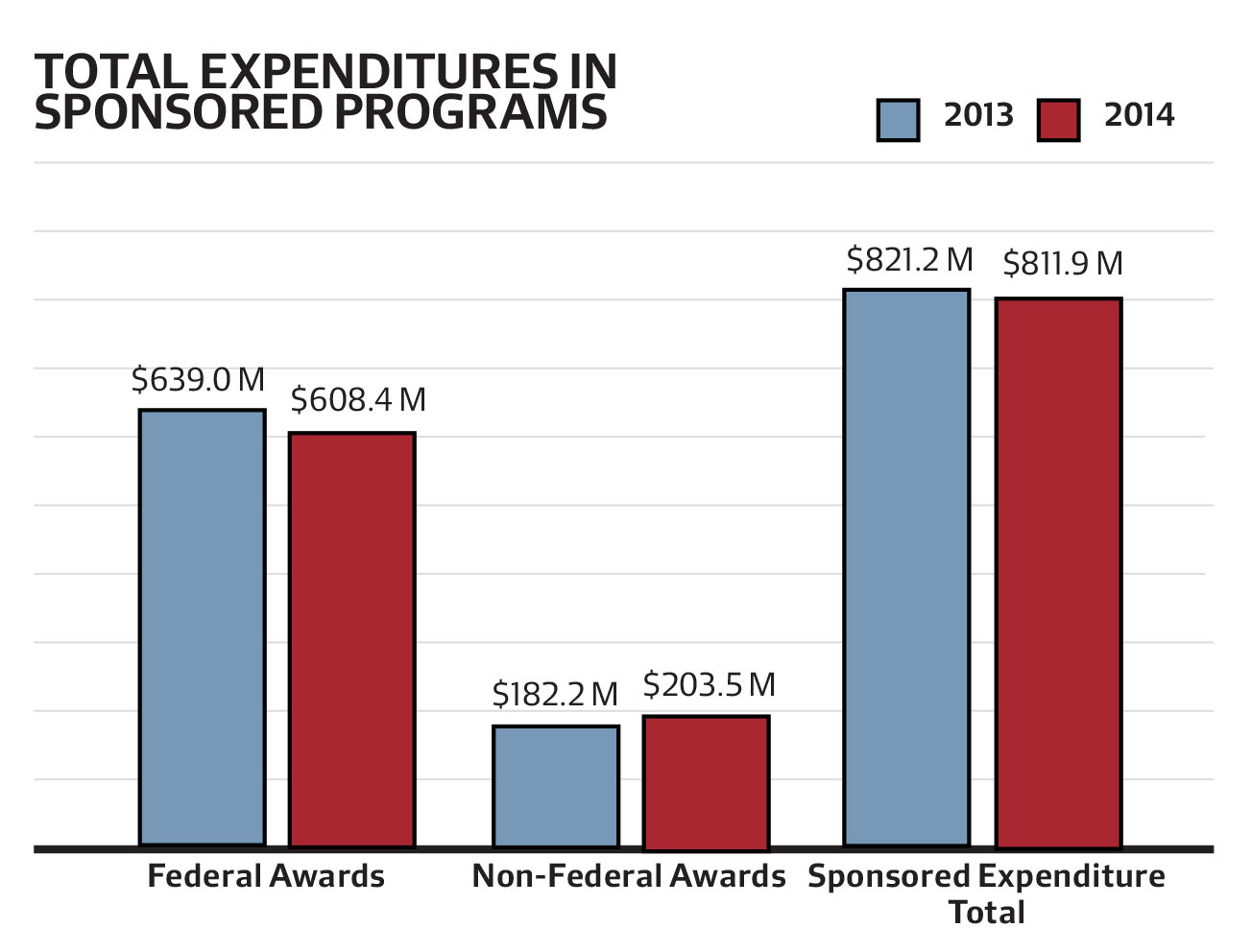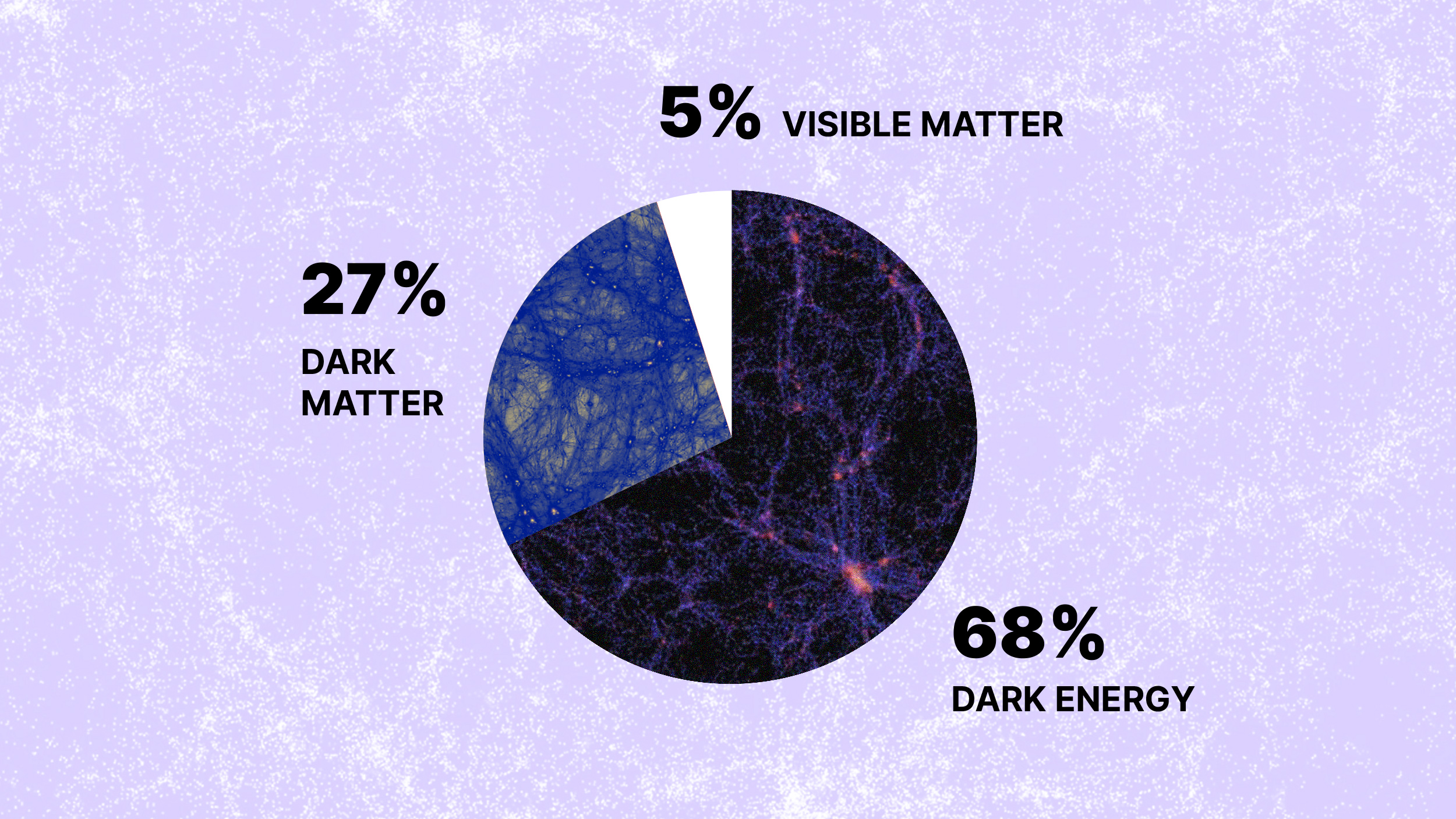Harvard research funding stands at the intersection of groundbreaking scientific inquiry and the unique challenges it faces in light of recent political decisions. Under the stewardship of visionaries like Don Ingber at the Wyss Institute, the University’s projects, particularly the cutting-edge organ-on-a-chip technology, have attracted significant backing, highlighted by contracts exceeding $19 million from the U.S. Department of Health and Human Services. However, a recent stop-work order has thrown a spotlight on the precarious nature of research funding in America, prompting Harvard to initiate a legal battle against government demands deemed illegal. The implications of this funding freeze resonate not only within the confines of academia but also ripple outward, affecting the broader landscape of American innovation, where scientific advancements are crucial for addressing complex issues, from public health to space exploration. As the situation unfolds, it is evident that the future of research and development hinges on resolving these conflicts that threaten the foundational support of our nation’s innovative spirit.
The financial support for research initiatives at Harvard, particularly in cutting-edge fields, underscores an ongoing narrative of innovation and governance conflicts. At the forefront of these developments is the Wyss Institute, where projects led by Don Ingber leverage organ-on-a-chip technology to tackle significant scientific questions. Yet, the recent cessation of activities due to a stop-work order raises critical concerns about the funding’s availability and its impact on both current projects and future discoveries. As academia navigates this turbulent phase, questions arise about the implications for the fabric of American ingenuity, historically driven by collaborations between government entities and educational institutions. The intersection of policy and research investment not only highlights the challenges faced but also emphasizes the vital role these funds play in propelling technological advancements.
The Impact of Stop-Work Orders on Research Innovation
Stop-work orders, like the one received by Don Ingber, can severely disrupt research efforts and hinder American innovation. As the Wyss Institute’s founding director, Ingber emphasizes the critical nature of ongoing projects that have garnered substantial funding, highlighting how abrupt halts can compromise significant scientific advancements. The reaction to such orders underscores the delicate balance that researchers must maintain between compliance and the pursuit of innovation, especially when the stakes are high.
Moreover, the fallout from a stop-work order affects a wider community, including students, postdoctoral fellows, and research staff. The concern is not solely about halting funding; it extends to the careers and futures of individuals involved in groundbreaking projects. As seen at the Wyss Institute, the immediate need to reevaluate personnel assignments and project timelines creates a climate of uncertainty, further jeopardizing the continuity of important research that fuels technological progress.
Navigating Harvard’s Research Funding Crisis
The halt in research funding from the U.S. government due to the Trump administration’s demands has prompted Harvard to take a stand, exemplifying the contentious relationship between academia and government. By rejecting the imposed conditions that included audits and governance changes, Harvard aims to protect not only its faculty but also the integrity of academic freedom. This situation reveals the critical intersection of policy and research, illustrating how government actions can profoundly impact the landscape of scientific inquiry.
In response to the funding crisis, Harvard has taken legal action, asserting its rights against what it deems unconstitutional demands. This legal battle not only seeks to restore lost funding but also serves as a pivotal moment in defending the foundational principles of academic research in the U.S. The implications of this crisis could reverberate throughout the scientific community, affecting future collaborations and funding opportunities necessary for innovation.
Organ-on-a-Chip Technology: A Vital Research Frontier
Organ-on-a-chip technology represents a revolutionary advance in biomedical engineering, providing a platform to simulate human organ systems for various research purposes. Don Ingber’s projects involving these chips aim to explore significant health impacts such as radiation damage and the physiological effects of microgravity on astronauts. This innovative technology not only enhances our understanding of human biology but also enables the development of effective treatments, highlighting its vital role in the future of medicine.
The combination of engineering and biological sciences at the Wyss Institute exemplifies how organ-on-a-chip technology can bridge crucial knowledge gaps, particularly in emergency scenarios such as nuclear accidents or long-term space missions. As these projects face uncertainty due to funding interruptions, the potential loss of such research could stifle advances that are vital to both public health and space exploration, underscoring the need for sustained investment in innovative technologies.
The Role of American Innovation in Global Leadership
American innovation has long been recognized as a driving force behind technological advancement and global leadership in science. The collaboration between research institutions and government is essential in nurturing an environment where creativity and breakthroughs can thrive. This collaborative engine plays a crucial role in shaping the future of industries, influencing everything from healthcare technologies to energy solutions and beyond.
However, recent developments highlight the fragility of this system. The uncertainties around government funding and complex regulatory demands threaten to hinder the progress that has historically made the U.S. a leader in innovation. As Ingber points out, instability in academic research environments could deter top scientific talent from relocating to or remaining in the United States, potentially leading to a significant decline in America’s competitive edge in the global marketplace.
Protecting Talent Amid Research Uncertainty
With the advent of stop-work orders and funding freezes, the retention and protection of scientific talent have become pressing concerns. Researchers, particularly those who are newcomers to the industry, may find themselves reconsidering their positions in light of job security and the potential for future opportunities. Ingber’s commitment to safeguarding his team illustrates the human dimension of research, where the uncertainties extend beyond funded projects to individuals’ careers and lives.
The impact of these disruptive policies can lead to a ripple effect, where fear and uncertainty prompt valuable scientists to seek opportunities elsewhere. Ensuring a stable and supportive environment is crucial for retaining skilled researchers who contribute to the forefront of scientific experimentation and discovery. Institutions must adapt to these changes by proactively seeking funding solutions to retain their talent and continue advancing their research missions.
Lawsuits and the Fight for Academic Freedom
Harvard’s decision to take legal action against the government marks a significant moment in the ongoing struggle for academic freedom and autonomy. By challenging the legality of the government’s demands, the university not only defends its right to govern itself but also questions the future of research funding linked to compliance with politically charged conditions. This battle underscores the importance of safeguarding institutions’ independence in the pursuit of knowledge.
As potential ramifications unfold, the outcome of this lawsuit could set a precedent for how research institutions interact with government entities. The importance of academic freedom in pushing the boundaries of knowledge cannot be overstated, as it has been a cornerstone of American innovation. Protecting that freedom is essential for fostering creativity and ensuring that scientific inquiry can progress unimpeded by political influences.
Funding Crisis: Implications for Future Research
The current funding crisis stemming from political tensions poses serious implications for future research pathways. Ingber’s work at the Wyss Institute exemplifies how funding disruptions can halt promising projects that align with national interests, such as advancing health technologies and preparing for deeper space exploration. The financial instability not only risks interrupting ongoing research but also discourages new projects that could innovate solutions for pressing global challenges.
To counteract the challenges presented by the funding crisis, it is vital for institutions to explore alternative funding sources, including private partnerships and grassroots initiatives. By diversifying their funding strategies, research institutions can mitigate risks associated with governmental fluctuations in support. This proactive approach will be critical in maintaining the momentum of American innovation and ensuring that crucial research efforts continue to thrive.
Emphasizing Collaboration in Research Funding
Collaboration between government, industry, and academia fosters a conducive environment for scientific inquiry and innovation. Ingber emphasizes that the partnership model has historically been the backbone of America’s success in research and development. By pooling resources and expertise, stakeholders can navigate the complexities of funding while driving forward the next wave of technological advancements.
Moreover, fostering collaborations can strengthen advocacy efforts in times of funding uncertainty. When institutions unite to defend their interests, they amplify their voices and are better positioned to demand necessary governmental support. Emphasizing collaboration not only enhances access to various funding avenues but also enriches the research community, cultivating an ecosystem where innovation can flourish.
Looking Ahead: The Future of Biomedical Research
Despite current challenges, the future of biomedical research remains hopeful as innovations continue to emerge. Advances in organ-on-a-chip technology and other promising areas set the stage for transformative breakthroughs that can address myriad health concerns. Researchers like Don Ingber are leading the charge, underscoring the resilience of the scientific community even amid uncertainty.
The drive to find solutions to pressing health crises and the pursuit of knowledge will persist, propelled by the dedication of scientists and researchers determined to push boundaries. As the landscape evolves, the lessons learned from today’s challenges will shape the future of research funding, collaboration, and innovation, paving the way for sustained advancements in the biomedical field.
Frequently Asked Questions
What is the current status of Harvard research funding relating to the stop-work order?
The Harvard research funding has recently faced significant challenges due to a stop-work order that impacted multiple projects at the university, particularly those linked to Don Ingber and the Wyss Institute’s organ-on-a-chip initiatives. Following this order, which halted approximately $2.2 billion in federal funding, Harvard filed a lawsuit to restore funding, claiming the government’s actions were unconstitutional. This situation creates uncertainty for researchers and staff involved in affected projects.
How does the stop-work order affect organ-on-a-chip projects at the Wyss Institute?
The stop-work order has directly halted the two major organ-on-a-chip projects at Harvard’s Wyss Institute, which collectively manage over $19 million in contracts with the U.S. Department of Health and Human Services. Researchers like Don Ingber are scrambling to protect their teams and projects, seeking internal funding to transition affected personnel to other grants, while they strategize on maintaining the viability of their groundbreaking research.
What role does Harvard research funding play in American innovation according to Don Ingber?
Don Ingber emphasizes that Harvard research funding, particularly for projects at the Wyss Institute, is crucial to American innovation. He argues that the collaboration between government entities and academic institutions is the engine propelling technological advancements. Ingber highlights that initiatives like organ-on-a-chip technology are essential for modeling critical health impacts and furthering scientific exploration, reinforcing the need for sustained research funding.
What are the potential implications of the stop-work order on the Wyss Institute’s future projects?
The implications of the stop-work order on the Wyss Institute’s future projects include the risk of interrupted research activities, potential loss of progress for student theses, and challenges in retaining top talent. As researchers navigate this uncertain climate, they may face difficulty securing future funding sources or attracting new talent, particularly international scholars, who may reconsider relocating to the U.S.
How might the conflict over Harvard research funding impact hiring for future projects?
The ongoing conflict surrounding Harvard research funding could severely impact hiring for future projects as uncertainty deters prospective candidates from accepting roles at the university. The fear of instability in funding and research continuity can lead to potential talent loss and may further exacerbate the challenge of retaining skilled scientists crucial for advancing innovative research related to organ-on-a-chip technologies and other groundbreaking studies.
| Key Points | Details |
|---|---|
| Stop-work Order Issued | Harvard received a stop-work order affecting crucial projects due to a funding freeze. |
| Impact on Researchers | The order halted work on two organ-on-a-chip projects with over $19 million in federal funding, creating uncertainty for researchers and students. |
| Legal Actions | Harvard filed a lawsuit against the government over the order, marking a significant conflict between the institution and federal authorities. |
| Importance of Research | Research includes vital studies on radiation effects and microgravity impacts, which are crucial for healthcare, space exploration, and safety. |
| Threat to Innovation | Ongoing instability could deter talented researchers from relocating to the U.S., affecting America’s innovation engine. |
| Economic Implications | The collaboration between government and academia has historically driven tech and innovation, which is now at risk. |
Summary
Harvard research funding is crucial for maintaining the university’s leadership in innovation and scientific research. However, recent government actions, including the issuance of a stop-work order affecting significant research projects, have led to uncertainty among researchers and students. The subsequent legal battles could have lasting implications for funding and partnerships essential for fostering groundbreaking initiatives. As Harvard navigates this crisis, its commitment to protecting its researchers and preserving research continuity remains paramount, underscoring the vital role Harvard plays in the landscape of American innovation.



